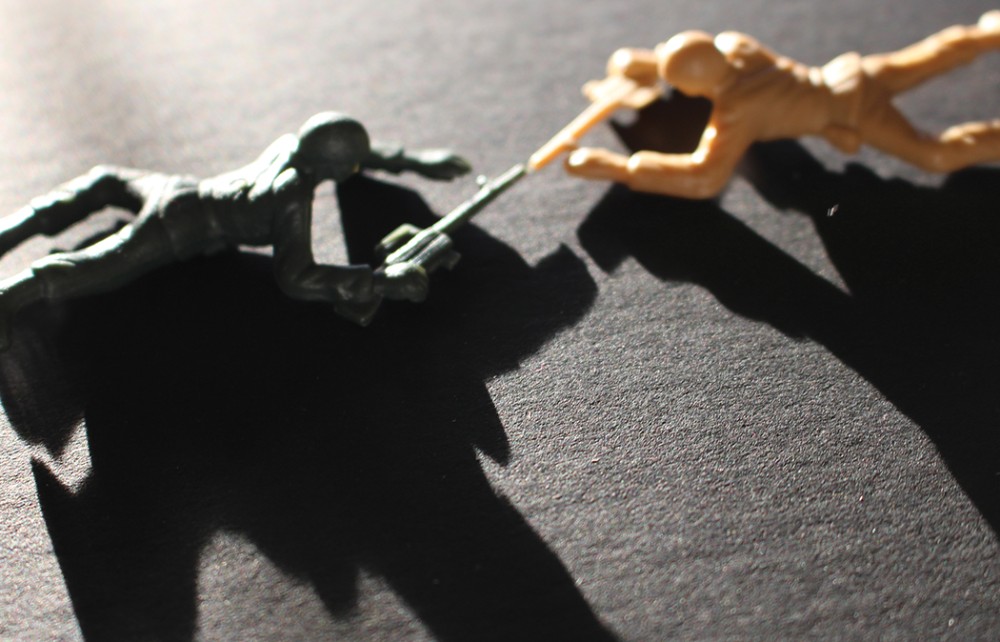Us, them, and the pronouns we use
Small words can say a lot about how we see our place in the world.

On a scorching summer Sunday in 1982, I stood in the pulpit of an all-black congregation on Chicago’s South Side. Ushers had opened the louvered windows as wide as they would tilt. The church was packed. I wasn’t there to preach. The pastor had allotted me five minutes to thank the congregation for its support of my 18-month construction stint at a mission outpost in Cameroon. I spoke enthusiastically of what my work crews and I were able to accomplish.
After worship, a woman who looked as if she might be the church matriarch leaned in close to say, “Bless you, Peter. I hope you’ll take a suggestion kindly. Please don’t use the phrase ‘my workers’ when speaking of the African men who worked with you—especially when you’re in the company of little black boys and girls who need a different future than the subservient one handed to their ancestors.” I thanked her for her words. Not everyone could say to a guest what she said to me. Like a few other hard lessons in life, this one has stayed with me permanently.
How we use pronouns reveals more than we may realize about our alignment with different social identity patterns. Like a play on an old joke that begins—“There are two kinds of people in the world . . .”—we often unwittingly group people into categories of us and them. Even when we intend no particular disparagement or diminishment of the other, our pronouns may communicate otherwise.




